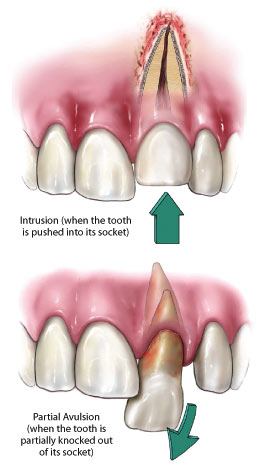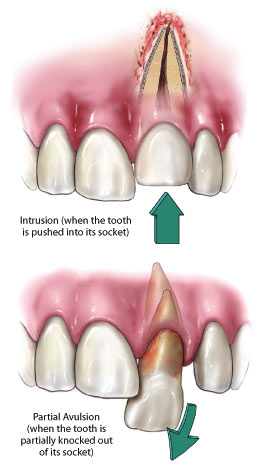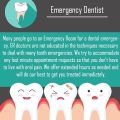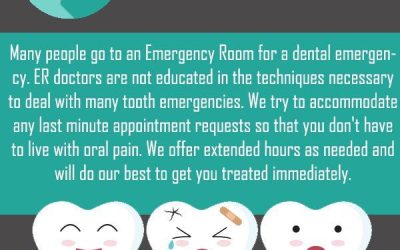So you’ve just experienced a dental emergency – your tooth has been unexpectedly knocked out. Now, panic may start to set in as you wonder what to do next. Don’t worry, we’ve got you covered. In this article, we’ll guide you on the essential steps to take when faced with this unfortunate situation. From preserving the tooth to seeking immediate dental care, we’ll provide you with all the necessary insights to ensure the best possible outcome for your dental health.
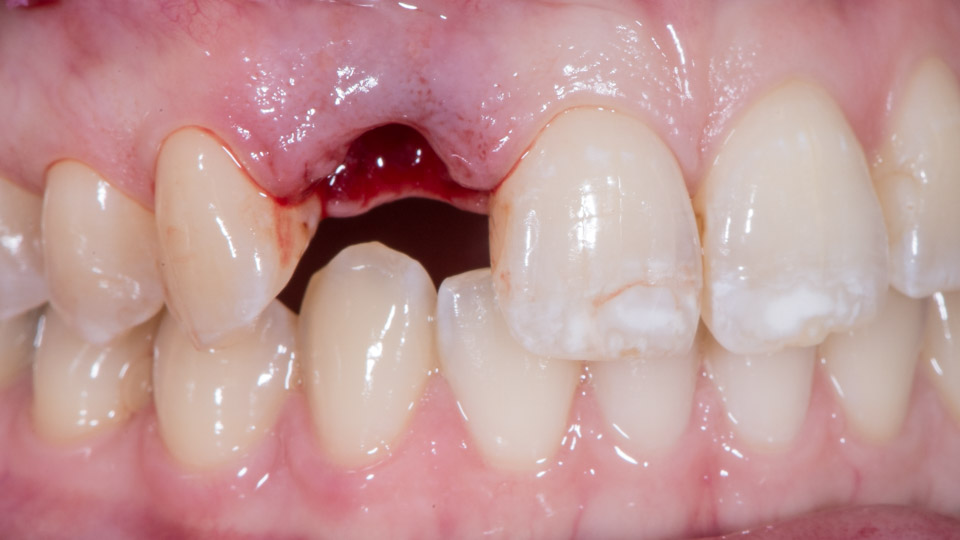
Assess the Situation
When you find yourself in the unfortunate situation of a knocked-out tooth, it’s important to stay calm and assess the situation quickly. Panicking will only make the situation worse and hinder your ability to take the necessary steps for a successful outcome.
Stay Calm
The first thing you should do is try to stay calm. It’s natural to feel anxious or worried when a tooth has been knocked out, but panicking will only make matters worse. Take some deep breaths and remind yourself that there are steps you can take to improve the situation.
Determine if the Tooth is Permanent or Baby Tooth
Next, you need to determine whether the tooth that has been knocked out is a permanent tooth or a baby tooth. This is crucial because the treatment and long-term implications will vary depending on the type of tooth.
Handle the Tooth Properly
Once you’ve determined the type of tooth, it’s important to handle it properly. Make sure to only touch the crown (the chewing surface) and avoid touching the root of the tooth. Handling the tooth properly will help preserve its viability and increase the chances of successful re-implantation.
Take Immediate Action
Time is of the essence when dealing with a knocked-out tooth. The sooner you take action, the greater the chances of saving the tooth. Follow these steps immediately after the tooth has been knocked out.
Find the Tooth
The first step is to locate the knocked-out tooth. Look carefully in the area where the incident occurred and scan the surroundings for any visible signs of the tooth. If you’re unable to find it, check your mouth to ensure the tooth hasn’t been displaced and is still inside.
Rinse the Tooth
Once you’ve found the tooth, gently rinse it with saline solution, milk, or water. Be cautious not to scrub or wipe the tooth, as this can damage the delicate tissues that are crucial for successful re-implantation. Rinse away any dirt or debris, but do not use soap or cleaners.
Reinsert the Tooth (If Possible)
If the tooth is a permanent tooth and is still clean, it may be possible to reinsert it temporarily. Align the tooth with its socket, applying gentle pressure to push it into place. Bite down gently on a clean cloth or gauze to hold the tooth in position until you can seek immediate dental care.
Seek Dental Care
After taking immediate action, it’s important to seek professional dental care as soon as possible. Contacting a dentist and transporting the tooth properly are crucial steps to ensure the best possible outcome.
Contact a Dentist
Get in touch with your dentist or an emergency dental clinic immediately after the tooth has been knocked out. Inform them of the situation and follow their advice for the next steps. Many dental practices have emergency slots available to accommodate urgent cases like this.
Transport the Tooth Properly
To increase the chances of successful re-implantation, it’s essential to transport the tooth properly. Ideally, the tooth should be kept moist. One way to do this is by placing it in a container filled with milk or saline solution. If neither of these is available, you can also keep the tooth in your mouth, between your cheek and gum, being careful not to swallow it.
Emergency Dental Care
When you arrive at the dental clinic, the dentist will assess the tooth and determine the best course of action. They may attempt to reinsert the tooth, splint it to the neighboring teeth, or perform additional procedures to ensure the tooth’s viability. The specific treatment will depend on the severity of the injury and the condition of the tooth.
Manage Pain and Swelling
Dealing with a knocked-out tooth can be painful and may result in swelling. Here are some steps you can take to manage pain and reduce swelling while waiting for professional dental care.
Use Cold Compresses
Applying cold compresses to the affected area can help alleviate pain and reduce swelling. Wrap an ice pack in a cloth and apply it to the cheek or lips near the injured tooth. Keep the compress in place for about 15 minutes at a time, with breaks in between.
Take Over-the-Counter Pain Relievers
Over-the-counter pain relievers such as acetaminophen or ibuprofen can provide temporary relief from tooth pain. Follow the instructions on the packaging and consult a pharmacist or dentist if you have any concerns or specific medical conditions that may impact your ability to take these medications.
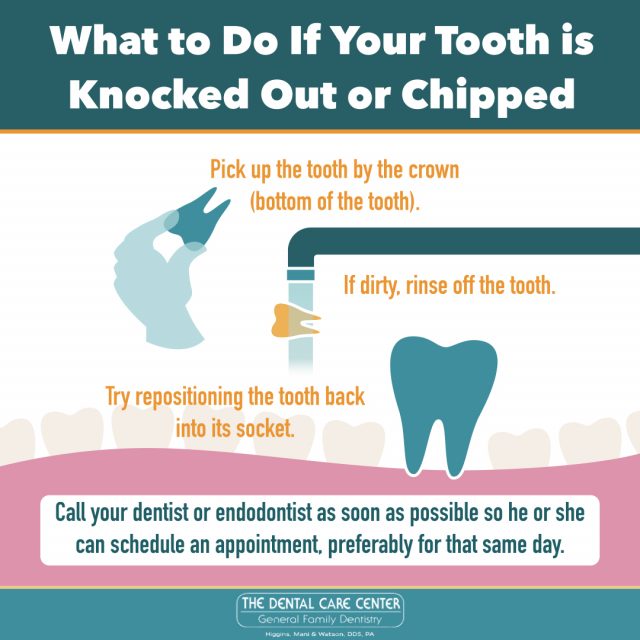
Follow Up with Your Dentist
After receiving emergency dental care, it’s important to schedule a follow-up appointment with your dentist. This step is crucial to ensure proper healing and discuss any further treatment options that may be necessary.
Schedule a Follow-Up Appointment
Your dentist will provide you with instructions on how to care for your knocked-out tooth and schedule a follow-up appointment. It’s essential to adhere to this schedule to monitor the healing process and address any concerns that may arise.
Discuss Possible Treatment Options
During the follow-up appointment, your dentist will discuss the long-term treatment options for your knocked-out tooth. Depending on the extent of the injury and the condition of the tooth, options may include root canal therapy, dental crowns, or even tooth extraction and replacement with a dental implant or bridge.
Prevention Tips
While accidents can happen, there are steps you can take to minimize the risk of a knocked-out tooth. By following these prevention tips, you can protect your teeth and reduce the likelihood of experiencing such a traumatic event.
Wear a Mouthguard during Physical Activities
If you participate in sports or engage in activities that carry a risk of dental trauma, it’s essential to wear a properly-fitted mouthguard. Mouthguards provide a cushion and protection for your teeth, reducing the chances of a tooth getting knocked out during impact.
Avoid Biting or Chewing on Hard Objects
To avoid unnecessary damage to your teeth, refrain from biting or chewing on hard objects like ice, unpopped popcorn kernels, or pens. These objects can cause cracks or fractures in your teeth, potentially leading to a knocked-out tooth.
Maintain Good Oral Hygiene
Maintaining good oral hygiene is not only important for the prevention of oral diseases but also for keeping your teeth strong and healthy. Brush your teeth twice a day, floss regularly, and schedule routine dental check-ups to detect and address any potential dental issues before they become serious.
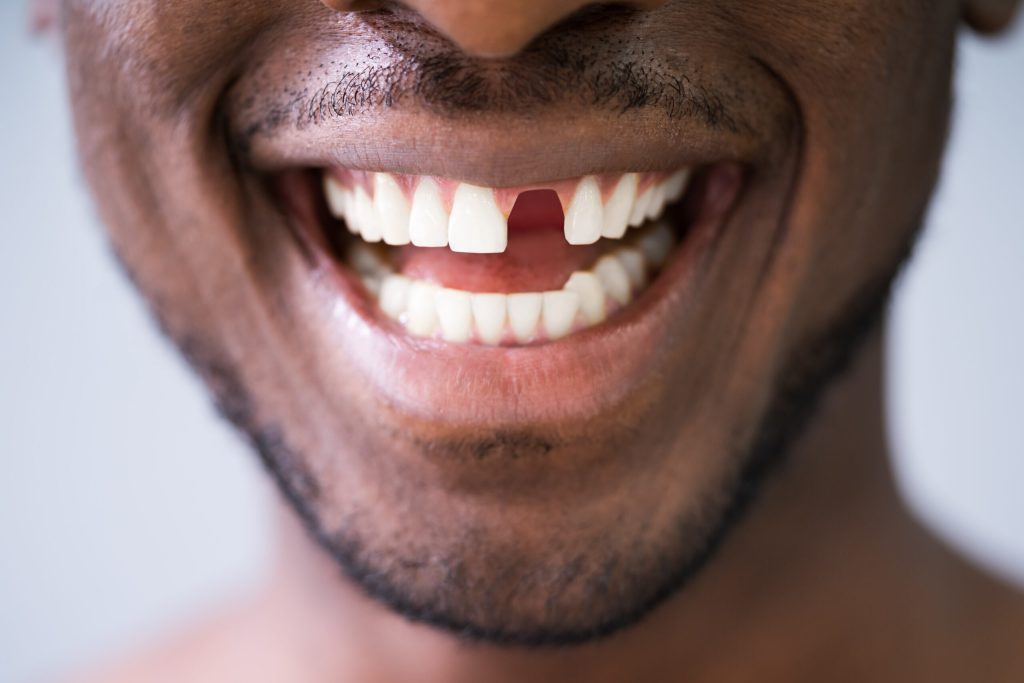
Dealing with a Knocked-Out Baby Tooth
If the tooth that has been knocked out is a baby tooth, the treatment approach differs from permanent teeth. Here’s how you should handle a knocked-out baby tooth.
Do Not Attempt to Reinsert the Tooth
Unlike permanent teeth, you should not attempt to reinsert a knocked-out baby tooth. The primary concern is preventing additional trauma or damage to the area. Let your child’s dentist assess the situation and determine the appropriate course of action.
Contact Your Child’s Dentist
Contact your child’s dentist immediately after the incident. They will provide guidance on how to proceed and may schedule a visit to assess the injury and monitor the area for any complications that may arise.
Monitor for Any Complications
Keep a close eye on your child’s oral health following the incident. Look for any signs of infection, swelling, or discomfort. If you notice any unusual symptoms, contact your child’s dentist promptly for further evaluation and intervention.
Recovering from a Knocked-Out Permanent Tooth
Recovering from a knocked-out permanent tooth requires careful post-treatment care and monitoring. Here’s what you can expect during the recovery process.
Follow Post-Treatment Instructions
Your dentist will provide you with specific post-treatment instructions to promote proper healing and reduce the risk of complications. Follow these instructions diligently, including any dietary restrictions or oral hygiene recommendations.
Monitor for Signs of Infection or Complications
While the immediate treatment may have been successful, it’s crucial to monitor for any signs of infection or other complications. Symptoms such as severe pain, swelling, or discharge could indicate an issue and should be promptly addressed by your dentist.
Undergo Restorative Procedures
Depending on the severity of the tooth’s trauma, you may require additional restorative procedures such as root canal therapy or dental crowns. These procedures will help restore the tooth’s functionality and appearance, allowing you to maintain a healthy and intact smile.
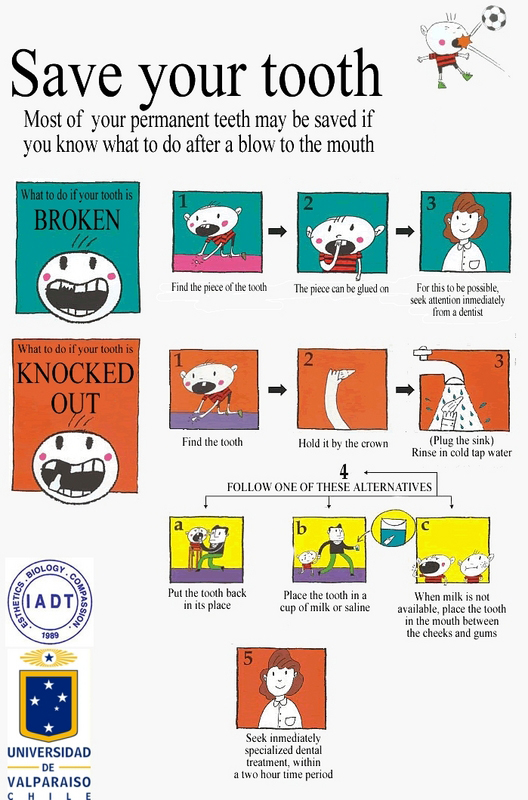
Consider Dental Implants
In some cases, a knocked-out permanent tooth may not be salvageable and may require extraction. If this is the situation you find yourself in, it’s important to consider tooth replacement options such as dental implants.
Consult with Your Dentist
Consult with your dentist to discuss the possibility of dental implants. They will evaluate your specific circumstances and provide you with tailored advice regarding the suitability of dental implants as a tooth replacement option.
Discuss the Pros and Cons
During the consultation, your dentist will go over the advantages and disadvantages of dental implants. They will explain the implant process, including the surgical insertion of the titanium post, osseointegration, and the placement of the artificial tooth or crown.
Explore Other Tooth Replacement Options
If dental implants are not a suitable option for your case, your dentist will discuss alternative tooth replacement options, such as dental bridges or removable dentures. Together, you can explore the available choices and make an informed decision based on your unique needs and circumstances.
Summary
Experiencing a knocked-out tooth can be a distressing and alarming situation. However, by staying calm, taking immediate action, seeking dental care promptly, managing pain and swelling, and following up with your dentist, you can improve the chances of saving your tooth or finding an appropriate solution for tooth replacement. Remember to take preventive measures, maintain good oral hygiene, and consult with your dentist for personalized advice and guidance specific to your situation.
